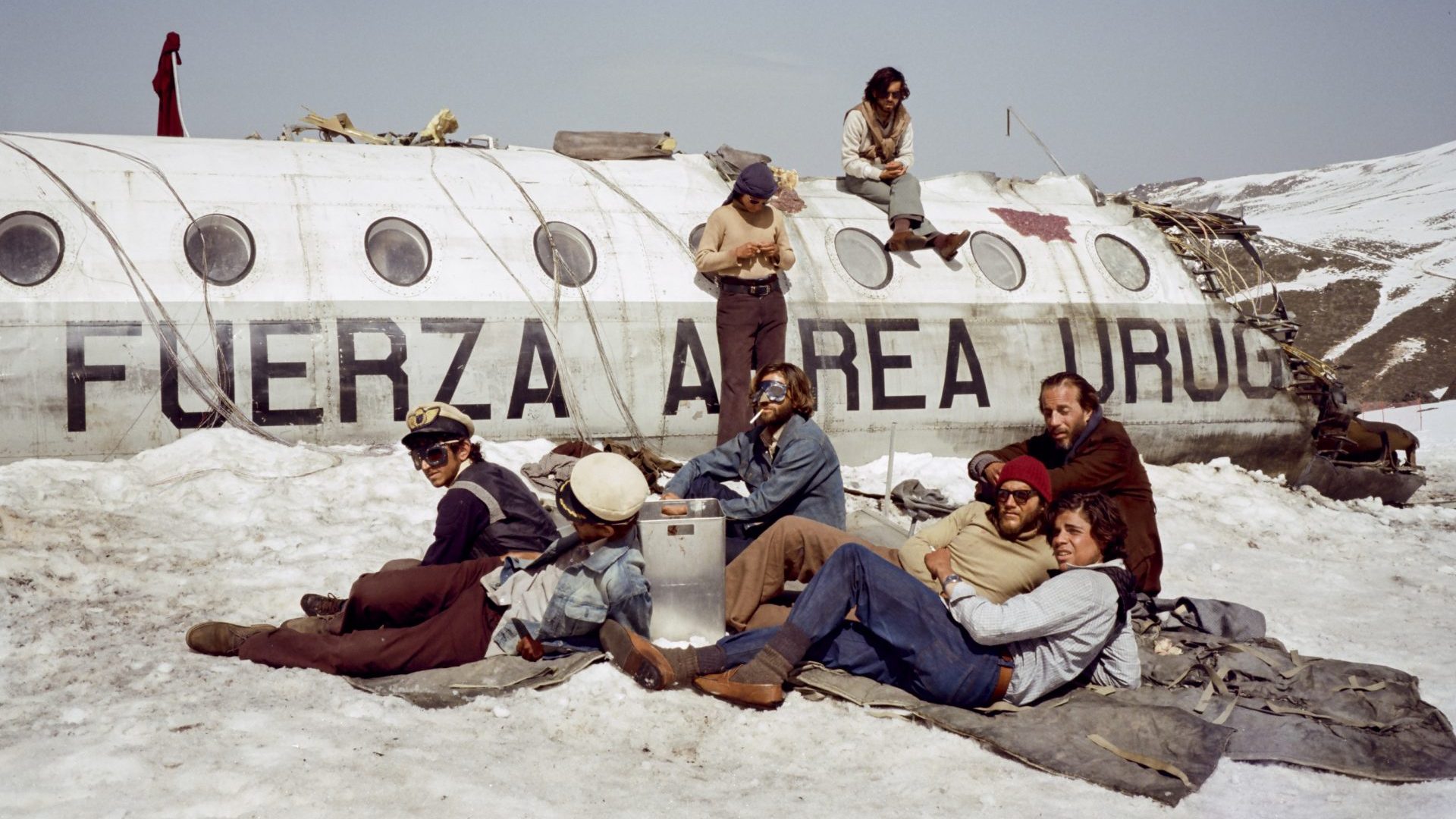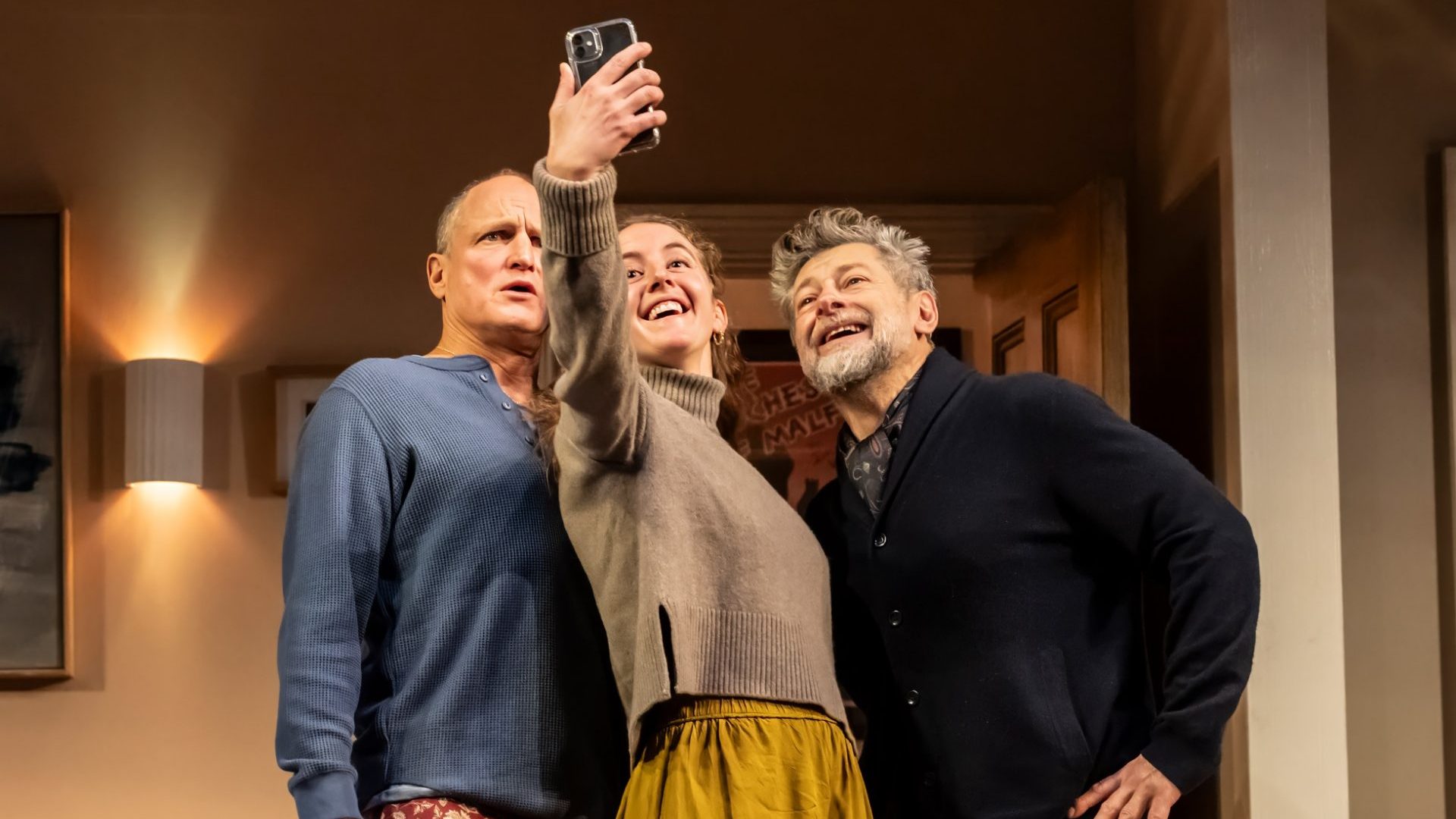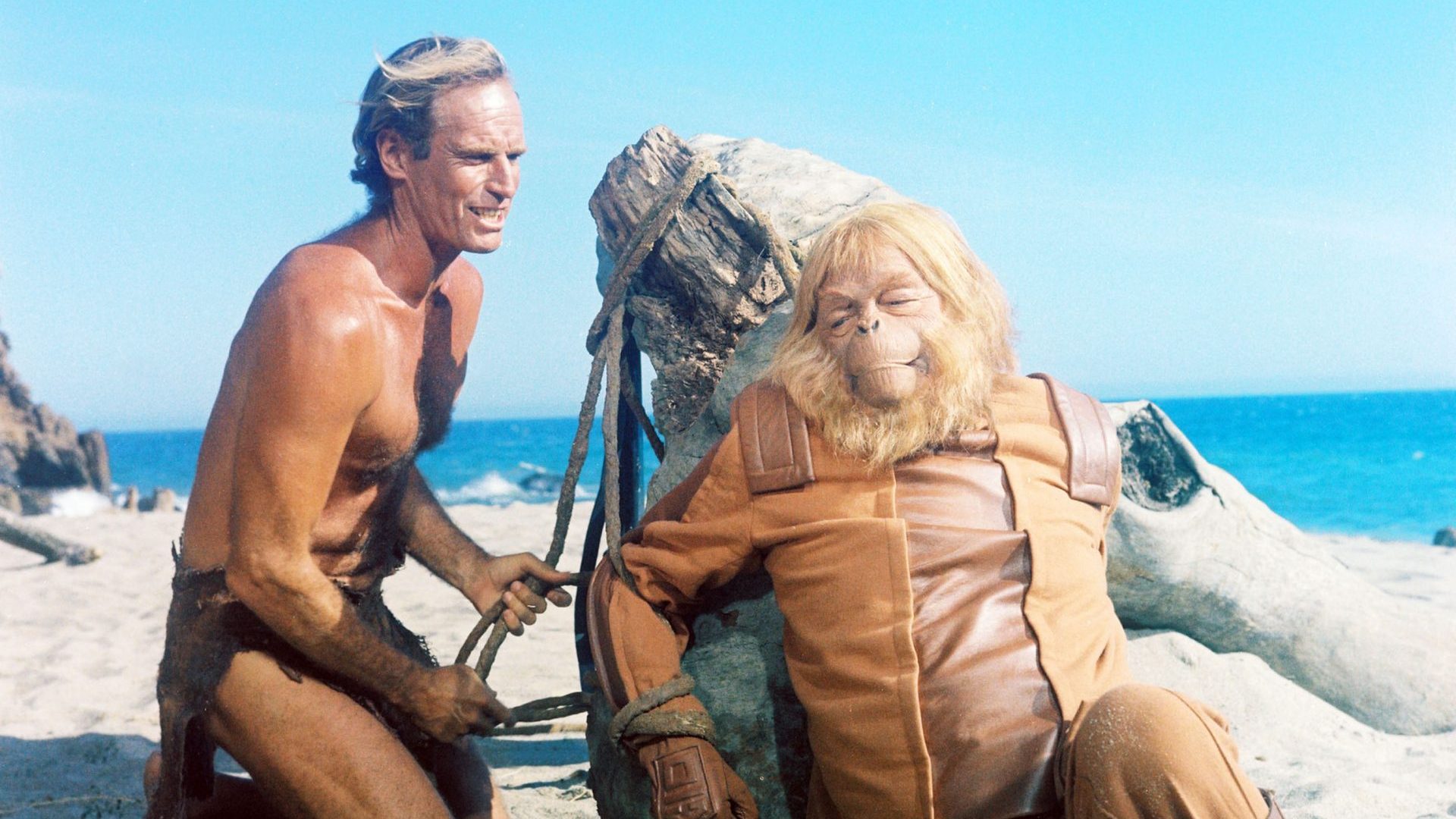When I was 13, one of my teachers pulled me aside. “We just wanted to make sure you understand that this is fiction, don’t you?” she asked hesitantly, gesturing to my copy of Patrick Ness’s A Monster Calls.
It’s likely she was worried that my teenage brain would draw some parallels between the terminal cancer diagnosis that the novel’s hero, Conor, watches his mum fight and my home life – while non-terminal, my mum had been diagnosed a few months prior to this conversation and was then going through chemo.
My teacher’s concerns, while well-meaning, were misjudged. My adolescent self didn’t want the advice of adults, but the hand of another teenager experiencing the same messy emotions – I just didn’t know any who weren’t fictional. Naturally, I never told her this. “Yes, I know,” I instead nodded, sheepishly.
Five years later, Spanish director JA Bayona brought A Monster Calls to the big screen. Starring Felicity Jones, Sigourney Weaver and Liam Neeson, the result was beautiful, fearless and won nine Goya awards (Spain’s Oscars). Along with his 2012 movie The Impossible, it convinced Roberto Canessa, one of the survivors of the infamous 1972 crash of Uruguayan Air Force Flight 571, that when it came to telling their story, Bayona was their man.
Based on Pablo Vierci’s 2008 book of the same name, Society of the Snow is the dramatisation of that crash. It tells the tale of how, of the 45 people on board, 16 members and supporters of a Uruguayan rugby team survived for 72 days trapped on a remote glacier high in the Andes.
Together, they tackled starvation, extreme weather conditions and freezing temperatures, but in many ways, the film is about far more than the immediate physical challenges the team faced. To use Canessa’s own words, Society of the Snow is far “more than a movie”. He told Time magazine: “This is an experience we had to share with humanity to show people who are having their own mountain crashes how to be resourceful and how not to give up.”
Bayona had long had his eye on the story. When he directed The Impossible in 2012, inspired by the real-life story of a tourist family in Thailand during the 2004 Indian Ocean tsunami, Vierci’s book helped him navigate how to retell the tragedy. “The title of The Impossible comes from the book Society of the Snow,” he later told Hollywood Reporter.
On the day Bayona and his team wrapped up the project’s filming, they bought the rights to Society of the Snow.
He is not the first to tackle the story. In 1993, American director Frank Marshall’s Alive appeared just after the 20th anniversary of the crash, which also provided the inspiration for the streaming series Yellowjackets.
Bayona’s version, however, is the first time survivors and families of the deceased have allowed their real names to be used and it strikes a respectable balance between the nightmarish scenario and honouring the survivors’ lived experiences. Names and ages of the dead appear on screen to honour them, and the movie reproduces photos that the passengers took in real life, willing to try anything to distract from the reality – and monotony – of trying to survive. It also explains the choice to include narration, albeit fictional, from Numa Turcatti (played by Enzo Vogrincic), a law student accompanying the team who – spoiler alert – never made it home.
Theirs is a story of human endurance. But if you’re looking for a more heart-warming against-the-odds tale, this isn’t the film for you. Inspired by the memories of the real-life survivors, the on-screen ones slowly begin asking each other the questions people would never dream of vocalising until they had to.
They start with the logistical: where’s the tail of the plane? Can we get the radio working? These slowly seep into the philosophical: Why did I survive? Who would you die for? And, gruesomely, for survival, is cannibalism morally acceptable? Bayona’s direction is far from afraid of the dark; he embraces it.
Unsurprisingly, Society of the Snow is Spain’s submission for Best International Feature Film at this year’s Oscars. At the time of writing, the 2024 nominations are yet to be announced, but critics, namely The Atlantic’s Shirley Li, are touting it as a serious contender. Either way, it’s already a victory for Netflix. According to the online streaming platform’s in-house viewership data, it was Netflix’s most-watched film in the first week of January, becoming its first hit of 2024.
It’s Numa’s voiceover from the grave that draws the film to an end and shuns any premise of the survivors’ feelings of heroism. “Because they were dead like us… They ask themselves, why didn’t we all get to come back? What does it all mean? You’ll need to find out yourselves. Because the answer is in you. Keep taking care of each other. And tell everyone what we did on the mountain.”
What they did was survive and it’s worthy of nightmares and worthy of retelling.




